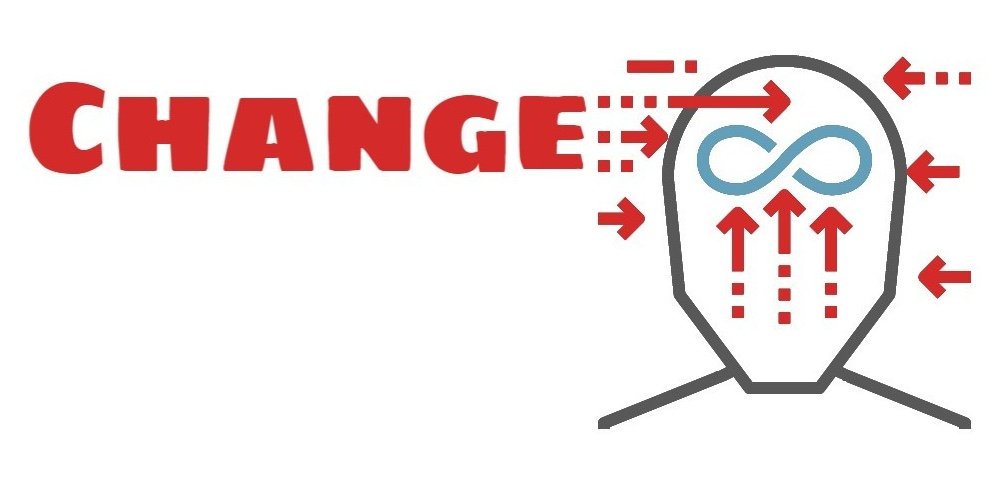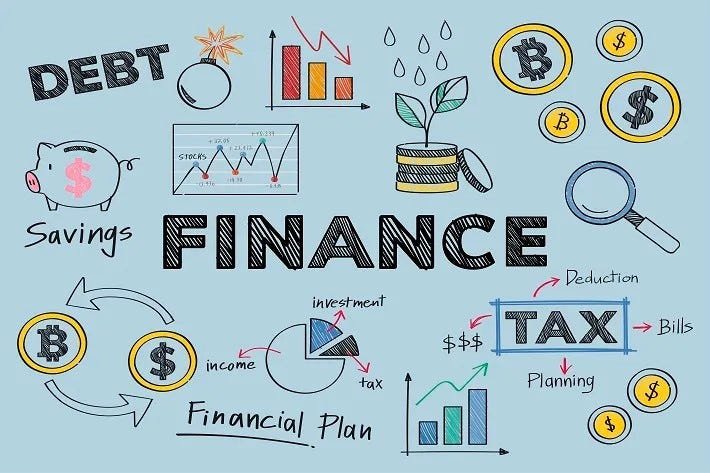Satan held a meeting with the rest of his fellow devils to decide how to make mankind miserable. One of the devils suggested they take away man’s wealth.
Satan replied, “No, actually increase his wealth to increase his sins and his worries.”
Another young devil suggested to take away man’s brain.
Satan replied, “No, man cannot comprehend misery unless he has a brain.”
An old and seasoned she-devil said, “Let us steal his happiness.”
Satan looking convinced said, “Yes, that is it, that is man’s most precious thing, that will make him really miserable. But then they had to decide where to hide ‘happiness.’ One of the devils suggested to hide it deep in the ocean, another suggested high at the top of the mountains.
Satan said, “No, it’s a matter of time and mankind will invent something to reach and find it. The same old she-devil said, “Hide it where he will never look, hide it deep within himself, deep in his heart. Man will look for his happiness in wealth, glory, power, pride and joys of life and he will not find it there, because it is within himself.”
Satan bowed in respect for this old she-devil. Since then, man has been searching for happiness everywhere while it is hidden inside him.”





















